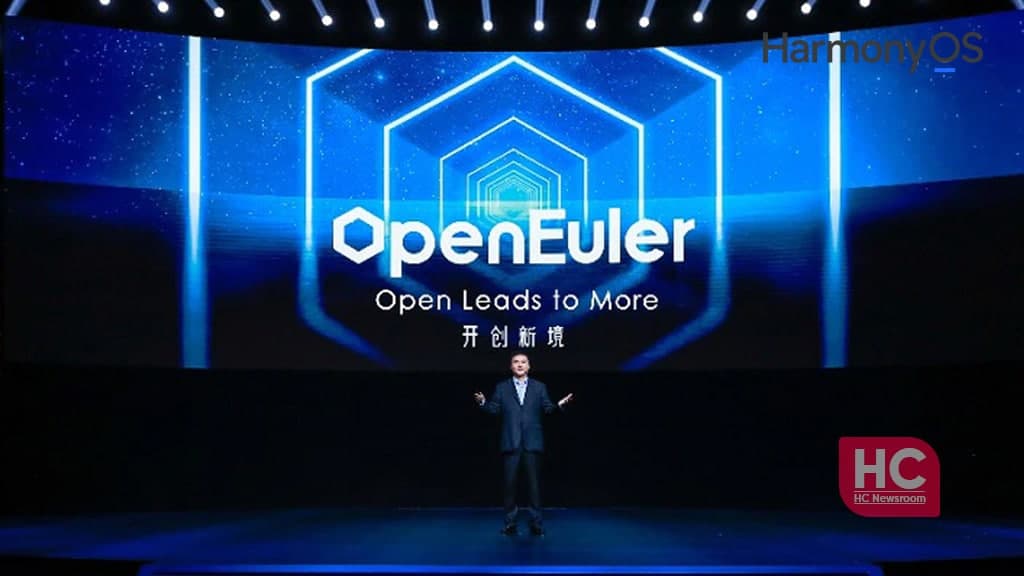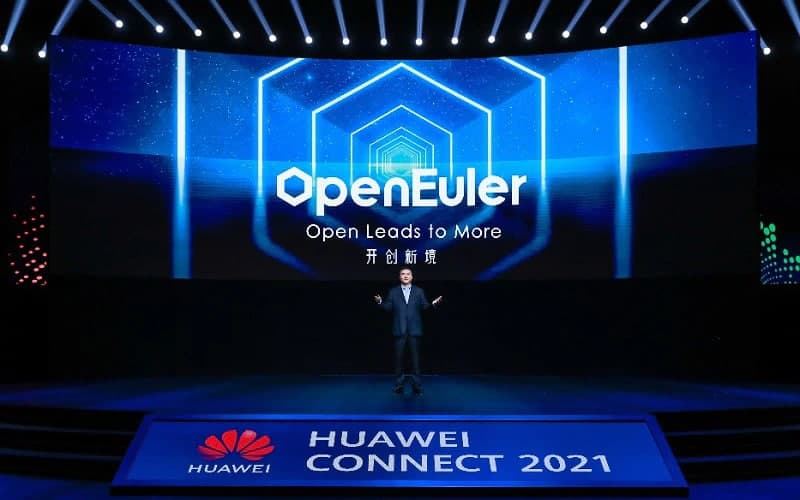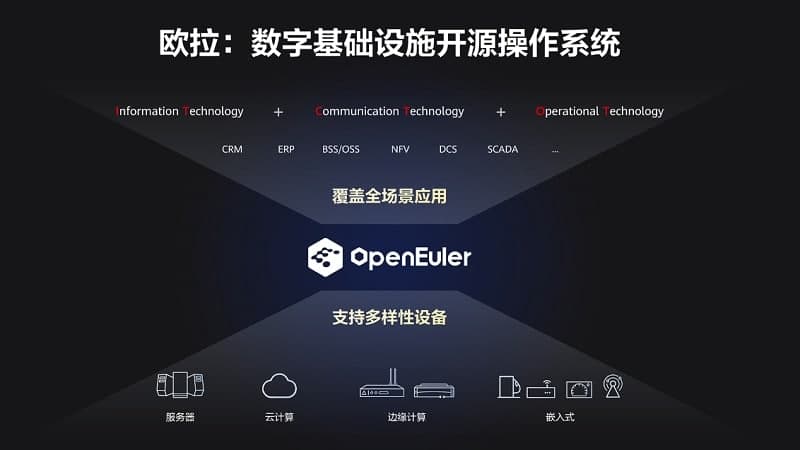News
EulerOS: A new open source Huawei operating system

Huawei has been working on a lot of software technologies, and now the company has a new version of its OpenEuler project – EulerOS. This is an open-source operating system that is designed for the digital infrastructure. According to Huawei, EulerOS is built to use for a variety of equipment and devices including servers, cloud computing, edge computing embedded systems, and more.
The EulerOS Application scenario covers sectors – Information Technology), CT (Communication Technology), and OT (Operational Technology). These quality and area coverage allows EulerOS to achieve unified operating system support multi-device application development for a seamless experience in all scenarios.
Deng Taihua, President of Huawei’s Computing Product Line, said that the “fragmented” status of the operating system has led to a large number of “soft chimneys” in digital infrastructure, bringing challenges such as ecosystem fragmentation, repeated application development, and cumbersome coordination. The new era of digitalization calls for a new unified operations system.
In the ICT field, Huawei provides products and solutions such as servers, storage, cloud services, edge computing, base stations, routers, industrial control, etc., all of which need to be equipped with operating systems. Therefore, Huawei has been building capabilities to achieve a unified operating system architecture. Meet the needs of different application scenarios.

This new upgrade of Euler also supports the needs of various forms of equipment such as servers, cloud computing, edge computing, and embedded devices. It supports diverse computing and is committed to providing a safe, stable, and easy-to-use operating system.
By providing deterministic protection capabilities for applications, it supports applications in the OT field and the integration of OT and ICT. So far, the newly released Euler operating system can cover all scenarios of digital infrastructure from IT, CT to OT.
Euler creatively proposes full-stack atomic decoupling, supports flexible version construction, free combination of services, and flexibly supports southbound diverse devices and northbound full-scene applications through a set of architecture.
Unified OS with multi-device support:
- It adopts a full-component atomic architecture, supports flexible core combination, and full-stack service-based on-demand construction, which can be flexibly tailored and constructed on-demand according to different resource capabilities and business characteristics of the device to meet the requirements of different devices for operating systems.
- Support self-service construction, “menu-style” configuration of the kernel and system services, and flexible combination of different levels of software packages, files, functions, etc., to automate and simplify the construction of operating system versions.
- Provide a multi-device collaboration kit, including “edge-cloud” collaboration, unified data, network, and management. Cluster multi-node collaboration, which can support PB-level memory pools, achieve mutual assistance and resource sharing between different devices and maximize hardware performance.

Develop Once, deploy on any platform:
- Standard API to realize the unification of operating system and application interaction language.
- Euler SDK uniformly encapsulates the data, audio, video, and security capabilities required by various applications, enabling minimal development and enhancing application performance.
- Euler Devkit provides plug-ins such as cross-device development wizards and automatic test platforms and can be easily integrated into mainstream application development platforms.
Compatible with HarmonyOS:
Euler and HarmonyOS have realized core technology sharing. In the future, they plan to build a distributed soft bus capability in Euler, so that devices equipped with Euler’s operating system can automatically identify and connect to HarmonyOS devices.
Follow-up to further realize sharing in security OS, device driver framework, and new programming languages. Through the sharing of capabilities and the realization of ecosystem interoperability, “Euler + HarmonyOS” can better serve the entire digital scene.
Version-Release:
On September 24, 2021, Huawei also released the first version of OpenEuler 21.09 that supports all scenarios of digital infrastructure, which will be launched in the community on September 30.
This version not only enhances the capabilities of servers and cloud computing scenarios but also supports edge computing and embedded scenarios. In the first quarter of 2022, the Euler open source community will release a community LTS version that supports the integration of all scenarios, enabling partners to release commercial releases for different scenarios.
OpenEuler:
Euler has received active support and response from the industry and is the most dynamic open source community in China. Up to now, more than 6,000 developers and more than 100 companies, universities, organizations, and institutions have joined the Euler community, bringing together the entire industry chain from processors, complete machines, operating system release vendors, to industrial applications, and more than ten leading companies in mainstream operating systems release commercial versions based on Euler.






